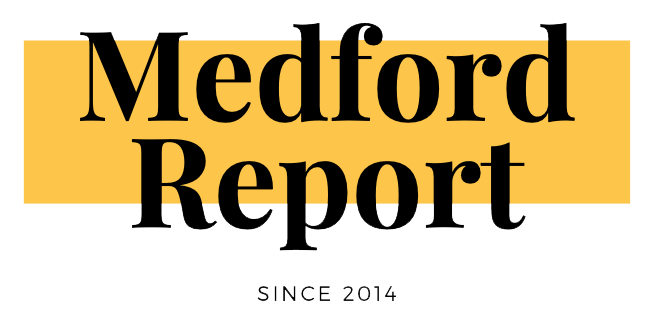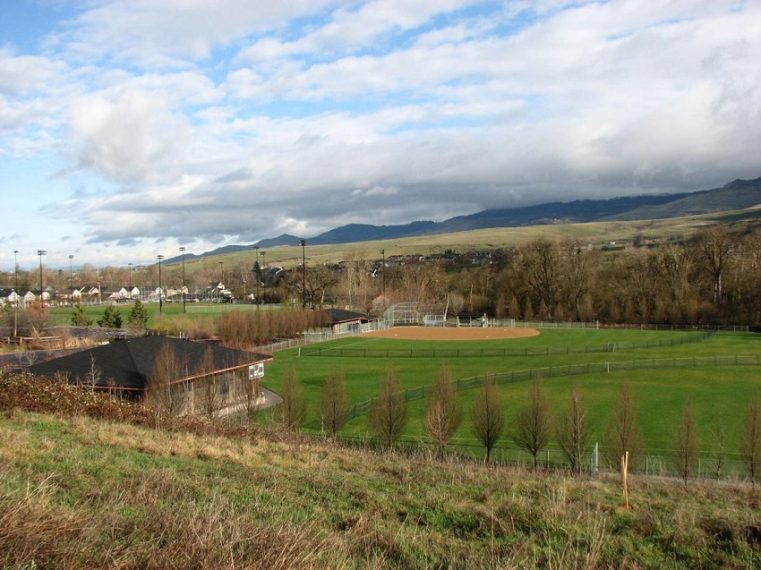ASHLAND, Ore. – Ashland Little League has expressed significant concerns regarding a recent change in the field rental fee structure at Hunter Park, which could have a major impact on local youth sports programs. The changes, which were introduced by Ashland Parks and Recreation, replace the previous flat-rate seasonal rental fees with an hourly rate. This shift, the league argues, could create financial barriers for families and disrupt the flexibility needed for practices, games, and other community programming.
The new hourly fee structure was officially implemented after a vote by the Ashland Parks and Recreation Commission, but Little League officials claim the decision came with limited notice and without direct input from the local sports community. This has led to worries that the changes will result in fewer opportunities for young athletes to participate in sports, especially as the new fee model could cause costs to rise substantially for families.
“We went from a flat fee for a whole season of use to an hourly rate,” explained Rocky Houston, Director of Ashland Parks and Recreation. “It is a significant change, but as we’re still working to identify resources to keep our programs and services open, it was a way to equitably address the groups benefiting from those resources.”
Houston’s remarks highlight the financial challenges facing the Parks and Recreation Department as they seek to balance budgetary constraints with the community’s needs. However, Little League officials contend that while they are not opposed to paying more for field use, they believe a return to a flat seasonal fee would be more manageable and sustainable for their program and other local youth sports teams.
In a statement shared during a community walk-through event at Hunter Park on Saturday, Ashland Little League called for the City Council to vote against the current hourly fee proposal. Instead, the league is asking for a reevaluation of the decision with greater input from the local community.
“We understand the need for higher fees, but we believe a flat seasonal fee would be more reasonable, predictable, and in line with the way youth sports programs like ours operate,” the statement read. The league has suggested a compromise: a new seasonal rate of $1,000, up from the previous $250, as a way to both support the Parks and Recreation budget and ensure that youth sports remain financially accessible.
The proposed changes to field rental fees are part of a broader Parks and Recreation budget that will be presented to the Ashland City Council on May 7. If approved, the new fee structure would likely go into effect soon after.
For now, the Ashland Little League remains hopeful that their proposal will lead to a more sustainable solution, one that supports local sports programs without creating undue financial strain on families or reducing opportunities for young athletes in the community.

